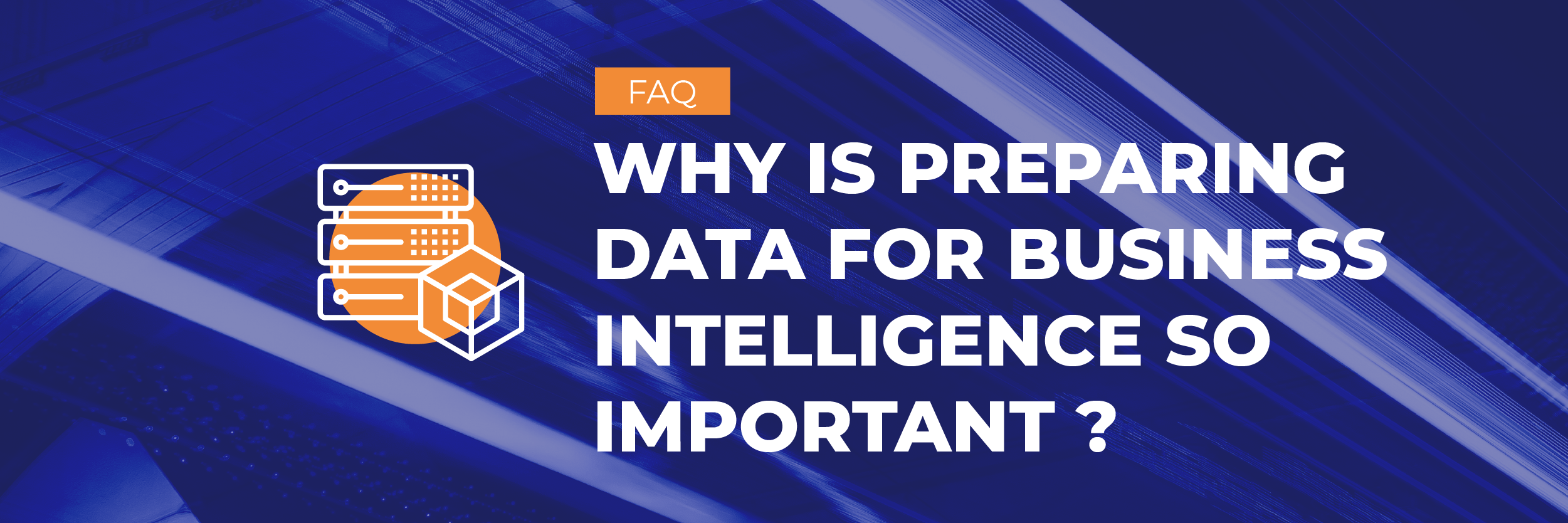Once data has been collected, it must be processed to ensure that only the most relevant and highest quality data is available for analysis. If poor or irrelevant data is not removed during the processing phase, then business intelligence tools will not be able to provide actionable and relevant information. Data prep is an opportunity to sift through and categorise data in a more accessible way for all users to have a direct line to valuable information.
Business intelligence tools enable analysts to compile data, analyse data history, cross-reference data with other flows, build applicable KPIs, format dashboards and provide data visualisation reports. This type of analytical support is priceless when extracting actionable information that will aid critical business decisions. Choosing the right service data preparation tools helps to derive effective strategies to benefit any business, making more information directly available to analysts, collaborators and operational teams.
For business intelligence tools to work effectively, it is crucial that data is processed and prepared for analysis. This means an absence of duplicate sources, unified formatting, structural corrections are made in accordance to typos, spaces, etc. If erroneous data is used for analysis then the outcome will have negative consequences, may cause tool dysfunction and accurate findings will not be guaranteed.
As soon as business intelligence processes are carried out, further analysis can be conducted to
build relevant models and algorithms. An example of this is
price analysis when definitions of a price margin can be tracked more accurately and efficiently by a business intelligence tool.
Poor quality data will render unreliable results that can essentially lead to misinformed business decisions that could result in dire consequences for any business. Data discovery allows the user to obtain precise information that provides high quality data for analytics and thus prevent negative consequences. Data governance is equally important, as the business user can monitor and review changes in real time to filter misleading data. The correct practices and policies can thus be approved and implemented.
